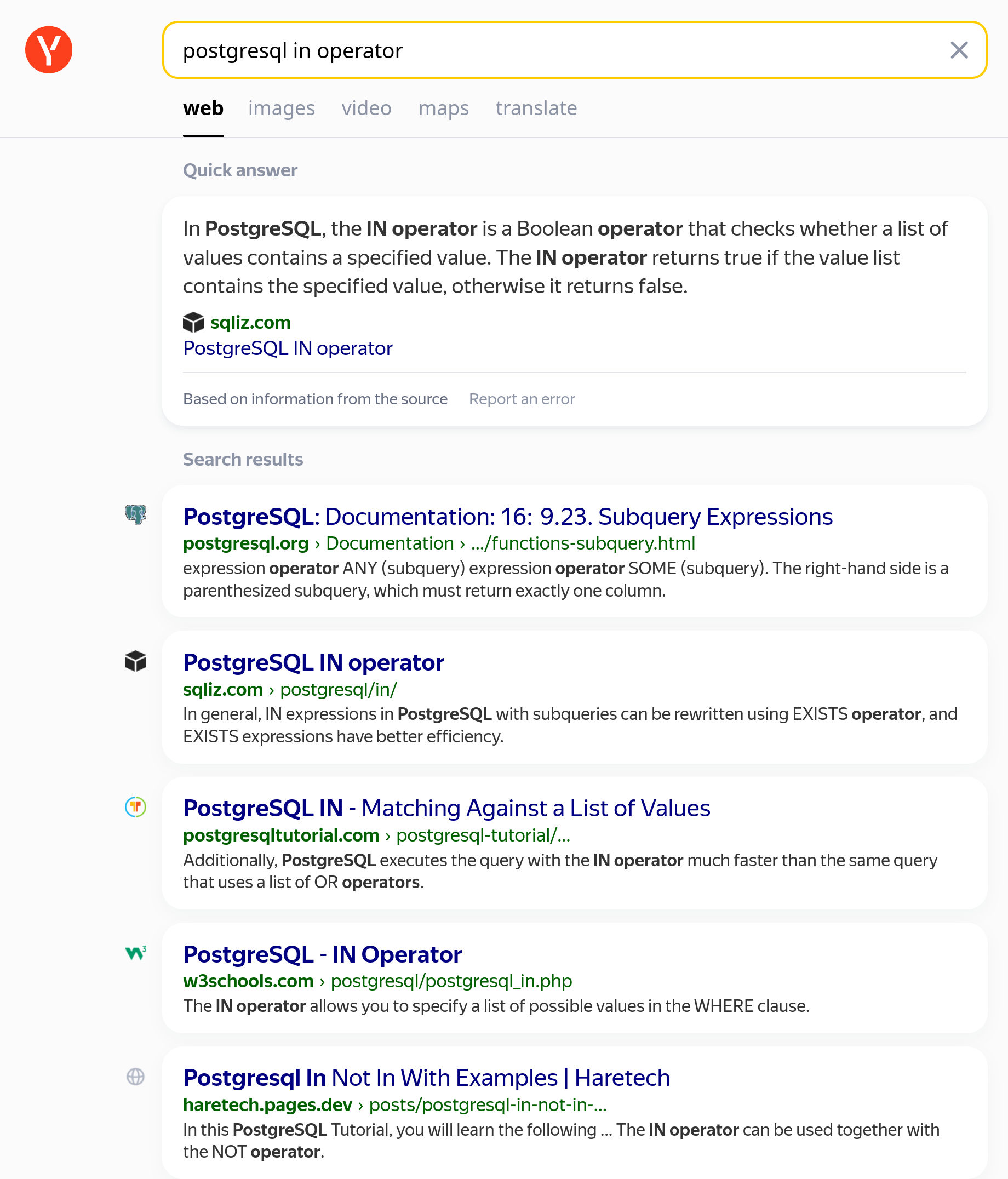

How many applications did you send out to get the first job? Did you have to grind DSA practice problems for the interviews? I sent (spammed) about 400 in the past few months and only got 1 interview which rejected anyways. I haven’t graduated yet, so if I can’t find anything I was going to do what OP’s parents recommend and try to finish a CS MA.




I don’t get the Prigo hate. Him and the PMC “de-nazified” 50,000 of the best Nato and Nazi soldiers. I don’t see why one 36 hour rebellion should undo all that.